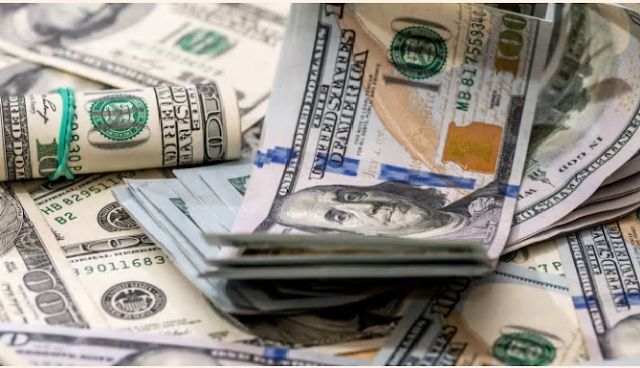The dollar can defend its global reserve role against EU and China
There is no alternative even if the US government grows tired of the downsides
Megan Greene

There are many reasons why the US dollar may be poised to lose its status as the world’s reserve currency. Not the least of these are efforts by the EU and China to make it happen. But, with apologies to Jean-Claude Juncker and Xi Jinping, Tina tells us it’s not going to happen anytime soon.
Tina is the old Margaret Thatcher dictum: “there is no alternative”. The phrase had been in vogue among equity traders (before October’s pullback) given weak returns in other asset classes, but it applies just as well to the dollar these days.
This has been a portentous year for the dollar. Its global share of central bank reserves fell to a five-year low of 62.3 per cent in the second quarter, even as the trade-weighted dollar index surged. Overall foreign holdings of US Treasury debt fell to 41 per cent, the lowest in 15 years. China began trading oil futures in renminbi, challenging the supremacy of the petrodollar. Germany, France, the UK and Russia suggested circumventing the dollar with a new payments mechanism to allow continued trade with Iran while avoiding US sanctions.
There are some obvious ongoing risks too. The US owes baby boomers entitlements it cannot afford and yet the government is on a spending spree, drastically increasing national debt. The Federal Reserve is shrinking its balance sheet, reducing dollar liquidity. The administration’s trade conflicts increase motivation for other countries to reduce their dependency on the US financial system and its currency.
And yet, I am not worried that King Dollar will be dethroned. For all its faults, Tina protects it. Mr Juncker, the European Commission president, pushed a more prominent global role for the euro in his State of the European Union speech in September. Yet while the euro accounted for the second-largest share of global central bank reserves by mid-2018, its share was only around one-third that of the dollar. It will be difficult for investors to put their trust in the euro as long as there are doubts about the eurozone’s survival, most recently prompted by the Italian government flouting fiscal rules.
For all the talk of an insurgent China, its currency is hardly poised to take over. The renminbi accounted for a paltry 1.84 per cent of global central bank reserves in mid-2018. This could change as the Belt and Road Initiative expands — it would be easier for all countries in the project to use the same currency. But the renminbi has a long way to go. It is not freely floating, monetary policy is unpredictable and China’s economy and financial system are not open.
The return of the US as a major oil producer further protects the dollar’s position. The world trades oil in dollars — $2tn of them in 2017, according to business intelligence firm IbisWorld.
Finally, the US dollar benefits from a network effect. Around 40 per cent of imports worldwide are invoiced in dollars, even though the US accounts for only about 10 per cent of global sales. Banks and businesses like to use dollars because other banks and businesses do.
Some have suggested the IMF’s special drawing rights could be a viable alternative. But the SDR is not a currency, it’s an accounting entry valued against a basket of currencies.
The “exorbitant privilege” of having the reserve currency allows the US to borrow beyond its means and on the cheap. Global demands for transacting in the currency support a healthy financial services industry. But demand for the dollar also pumps up its value, making American exports less competitive, cheapening imports and widening the trade deficit.
The current administration has made no bones about its dislike of trade deficits. But even if the US were to decide it did not want the responsibility of the global reserve currency, it may not be able to shirk it.
The writer is global chief economist atManulife Asset Management

0 comments:
Publicar un comentario